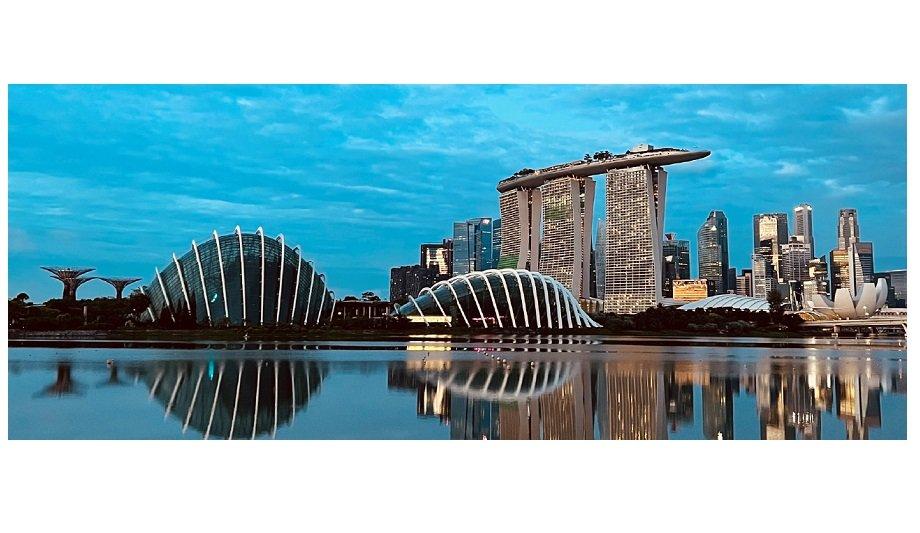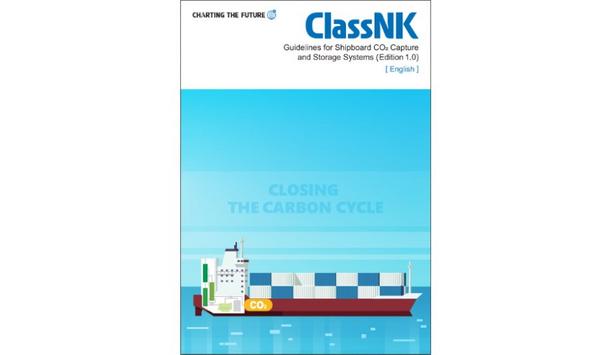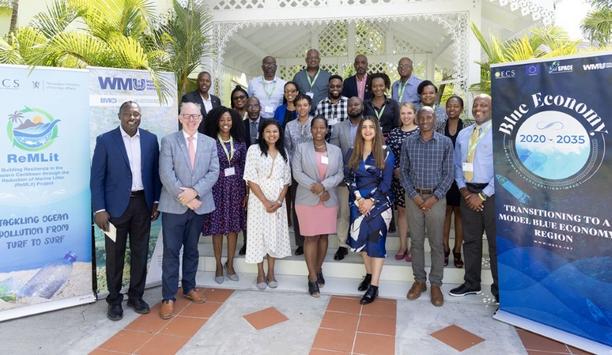DNV has joined a working group on methanol bunkering, managed by the Standards Development Organisation at Singapore Chemical Industry Council (SCIC-SDO), the classification society announced at Singapore Maritime Week.
The multi-stakeholder working group will develop a Technical Reference (TR) for methanol bunkering for Singapore, the world’s largest bunkering hub.
Technical Reference (TR)
The SCIC, appointed as the Standards Development Organisation by Enterprise Singapore, formed the “Working Group on Standard Development for Methanol Bunkering”, in consultation with the Maritime and Port Authority of Singapore (MPA).
The working group, which includes government agencies, bunker suppliers, bunker craft operators, engine manufacturers, testing and certification bodies, shipowners and operators, terminal operators, as well as classification societies such as DNV, will be developing a Technical Reference (TR) for methanol bunkering for Singapore.
Custody transfer requirements
It will examine all aspects of bunkering, from the bunker tanker to the receiving vessels
The TR will cover custody transfer requirements (quantity and quality) for the delivery of methanol as a bunker fuel.
It will examine all aspects of bunkering, from the bunker tanker to the receiving vessels, examining the operational and safety requirements for methanol bunkering, as well as crew training and competency.
Energy transition
“Initiatives like the Working Group established by SCIC-SDO, are essential as the energy transition accelerates, and the maritime industry moves towards a multi-fuel future,” said Cristina Saenz de Santa Maria, Regional Manager South East Asia, Pacific & India at DNV Maritime.
“For methanol and other alternative fuels to continue to build traction within shipping, we need to build confidence and encourage wider uptake. This can only be accomplished through standards that enhance safety while providing a comprehensive and practical framework for all stakeholders."
Sustainable operation
At DNV we have been working with our customers on alternative fuels to enhance sustainability"
"At DNV we have been working with our customers for many years on alternative fuels to enhance the sustainability of their operations and are very proud to be included in the Standards Working Group.”
The announcement of the development of the TR comes alongside record-breaking orders for vessels capable of using alternative fuels.
Alternative Fuels Insight (AFI) platform
DNV’s Alternative Fuels Insight (AFI) platform, which tracks orders and bunkering locations for alternative fuels, logged orders for 35 methanol-fuelled vessels in 2022 – more than the 26 vessels currently in operation.
Likewise for LNG, the most popular alternative fuel to date, the new building orders in 2021 and 2022 will more than double the fleet in service upon delivery.
Methanol-fuelled vessels
“Interest in methanol is growing rapidly, gaining ground on the most widely adopted alternative option LNG,” said Lukasz Luwanski, Regional Business Development Director at DNV Maritime.
“Designs for methanol-fuelled vessels tend to be less complex, which means construction is typically less expensive than a comparable LNG-fuelled vessel."
Switch to ’green‘ methanol
DNV was the first classification society to release a notation covering every aspect
"On the other hand, due to incoming GHG regulations, a switch to ’green‘ methanol will be required much sooner than for a vessel that is LNG powered. This will make the Working Group’s TR a very timely and important reference point for the industry,” added Luwanski.
DNV was the first classification society to release a notation covering every aspect of using low flashpoint fuels, including safe design, fire safety, control, and monitoring.
New updates on methanol
It has regularly built on these recommendations, including the Alternative Fuels for Containerships document, which was recently updated with a new chapter covering methanol and aims to provide neutral, fact-based, and scientifically sound decision support for new building projects in the segment.
Currently, more than 70% of the 25 methanol-powered vessels operating are with DNV.












